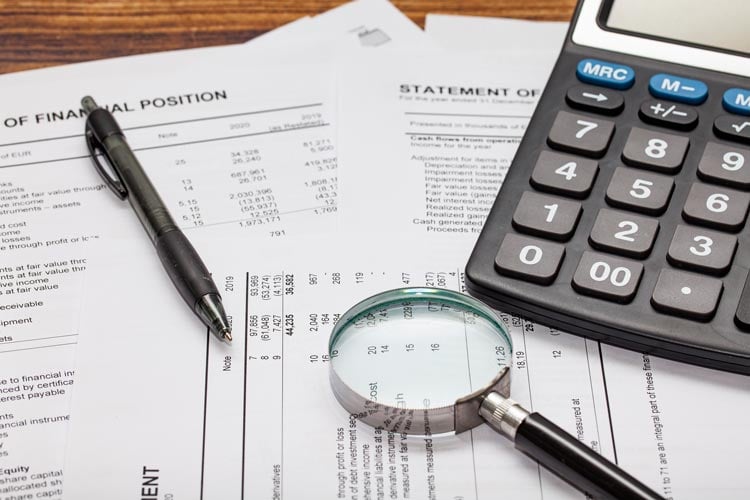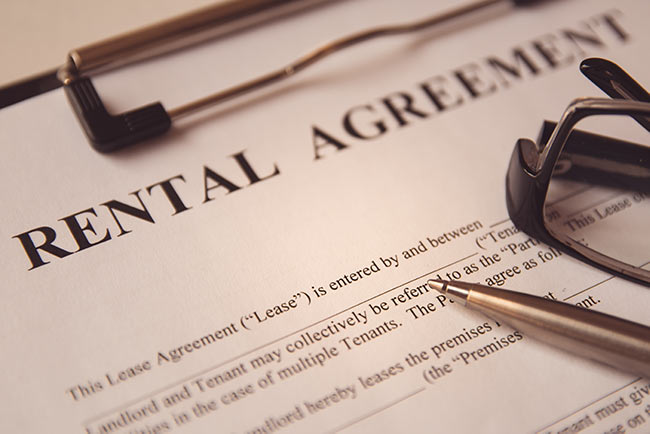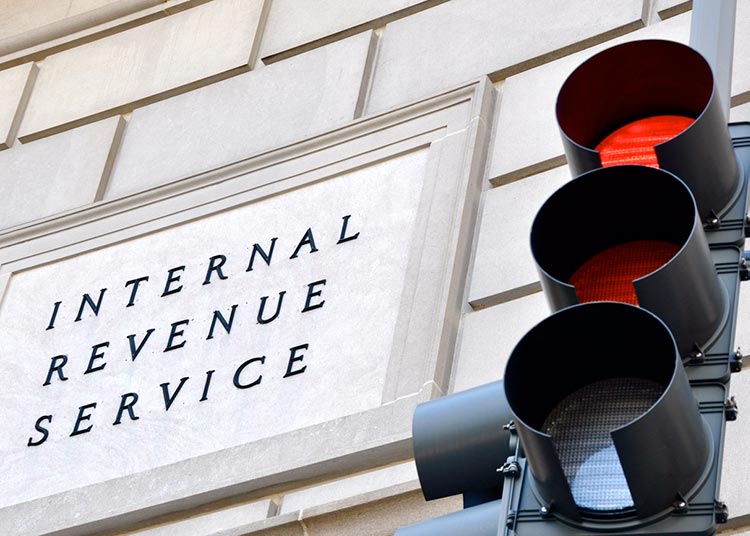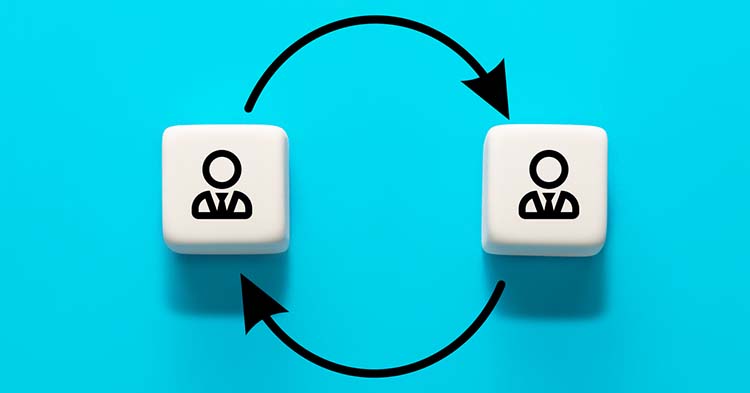Page 13 121 - 130 of 278
Are Stock Dividends Taxed as Ordinary Income?

For many taxpayers, there is a substantial difference in the tax rate they pay for long-term capital gains versus the rate they pay for ordinary income. The tax rates on ordinary income range from 10 percent to 37 percent. In comparison, the rate applied to long-term capital gains income is between 0 and 20 percent. The income taxed at the “ordinary” rate includes salary and wage income, commission, bonuses, rents, royalties, short-term capital gains, interest, and unqualified dividends.
Can Distributable Net Income (DNI) Exceed Taxable Income?

Distributable net income (DNI) is a tax deduction allowed by trusts. DNI must be calculated to determine its value. Part of the DNI calculation includes taxable income. If taxable income is part of the DNI calculation, does that mean taxable income is always equal to or less than DNI?
What Causes a Deferred Tax Liability?

It's a given that individuals and companies must pay federal taxes on income earned in a given year. But sometimes those taxes are recognized, and paid, at a future point rather than the year in which a sale occurs or income is earned. This concept is known as deferred tax liability, or DTL.
Do Trusts Avoid Estate Taxes?

Establishing a trust can help you achieve many different estate planning objectives, especially preserving wealth from estate taxes. With the federal estate tax exemption exceeding $12 million for 2022, only a small percentage of Americans need to worry about having to pay estate taxes at the federal level. However, 12 states, along with the District of Columbia, impose estate taxes at the state level.
What is Distributable Net Income (DNI) and How Do You Calculate It?

Most trusts eventually distribute their assets to beneficiaries. Whether taxes are owed on those distributions depends on a number of factors. Distributable net income is one of those factors. It can also help in reducing a trust’s tax bill.
Are There Tax Advantages to Owning Rental Property?

Direct real estate investments have a few tax advantages that passive real estate investing doesn’t. Of course, direct real estate means more work. Passive real estate investing is just that, passive and mainly hands-off, except for some managing of the investment. Passive investors don’t have to deal with tenants or repair buildings.
When is an Estate Tax Return Required?

When someone dies, their estate is a distinct legal entity for tax purposes. As a result, estates can be required to pay estate and income taxes. The threshold for federal estate taxes is quite high--$12.92 million for an individual in 2023. If one partner in a married couple dies, their exemption transfers to the surviving spouse, effectively doubling the threshold. That amount includes lifetime gift tax exemptions the individual has previously claimed (the annual gift tax exemption is $17,000 starting in 2023).
What is a Private Letter Ruling?

Filing tax returns can be a complicated and messy process, especially for real property owners, 1031 exchangors, or business owners who may not fully understand the various tax codes that affect their returns.
What is a Generation-Skipping Trust?

Establishing a trust can be a crucial part of estate planning for very wealthy taxpayers. Federal estate taxes can take a significant chunk out of an inheritance each time the assets change hands. However, both the rate on estates and the threshold for imposition change according to the political environment. For example, the 2017 Tax Cuts and Jobs Act increased the minimum amount for an estate to trigger the tax and indexed the amount for inflation.
Are Dividends Taxed as Ordinary Income?

Dividends are payments that a corporation distributes to the shareholders, often quarterly but at least annually. Not all public companies pay dividends, but some pay them reliably. Some examples include Exxon Mobil, Verizon, Enbridge, VF Corp, Unilever, and 3M. In addition, some companies have a long history of paying dividends, including DuPont, Edison, General Mills, Eli Lilly, and Stanley Black & Decker. Dividend-oriented investors may rely on these payments, and some companies have encountered an investor backlash when they have reduced or dropped their dividends (often due to financial hardship).
Page 13 121 - 130 of 278


